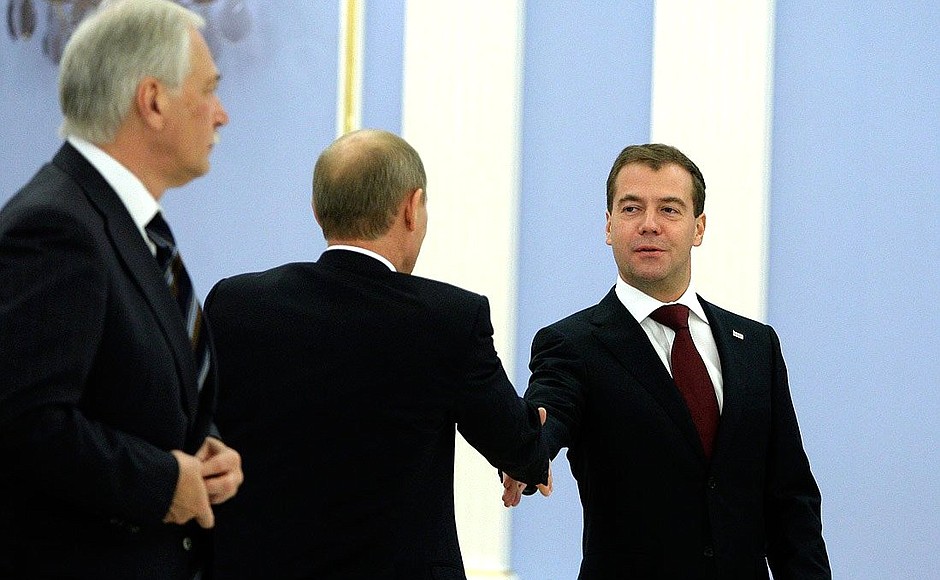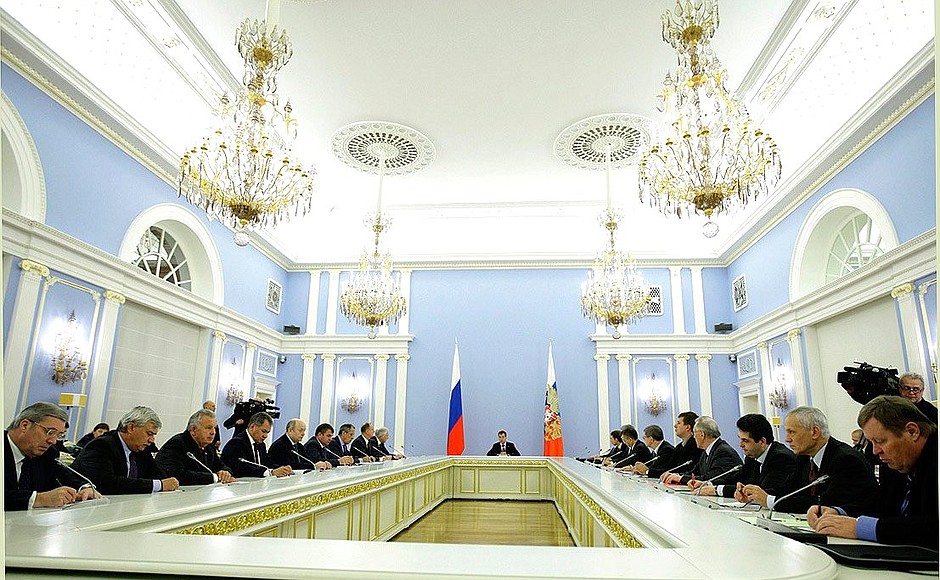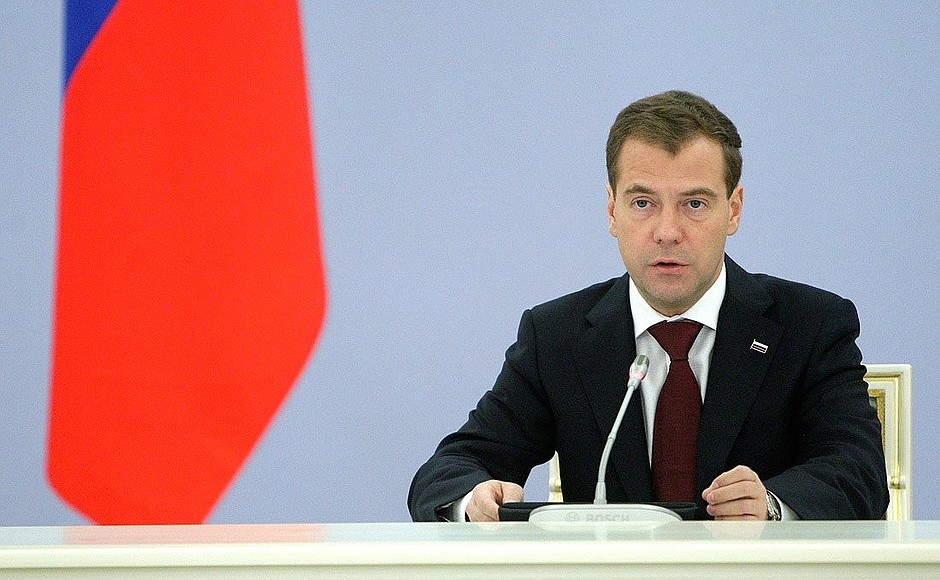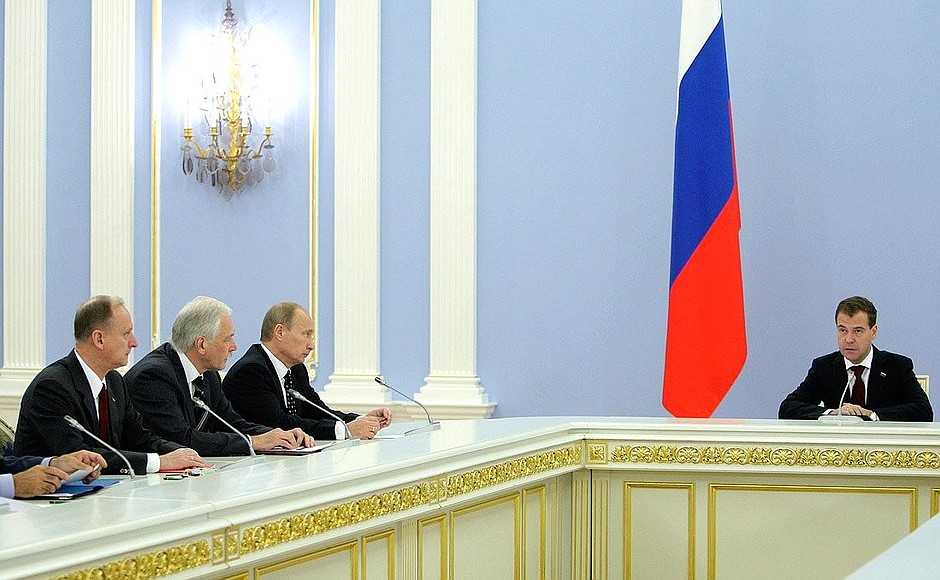The President outlined a number of tasks that must be resolved in order to make the transition to modern telecommunications systems.
Mr Medvedev said that modernising telecommunications in the Armed Forces is one of the biggest priorities. Analogue systems need to be replaced by digital systems over the next two years.
Steps must also be taken to encourage development and production of cutting edge telecommunications equipment and software in Russia. The President said that the money Russia spends on buying telecommunications technology should go into the Russian economy and science. Developing telecommunications systems creates an added incentive for reviving the country’s science-intensive sectors.
Another of the objectives the President outlined is to develop telecommunications subsystems to help maintain public security and ensure law and order. This covers, in particular, the Safe City emergency system. Use of these kinds of systems is effective in bringing down the number of crimes committed on transport and in public places.
Operating and managing these new systems requires professionals of the highest level, and Mr Medvedev therefore called for improvement to ongoing training in this area.
The meeting approved the main outlines for state policy in telecommunications provision for the intelligence services and law enforcement and security agencies. An intergovernmental commission will be established to oversee this work.
It was also decided that the Government will draft and approve a plan for implementing these policy directions, taking into account all the different areas of activity.



